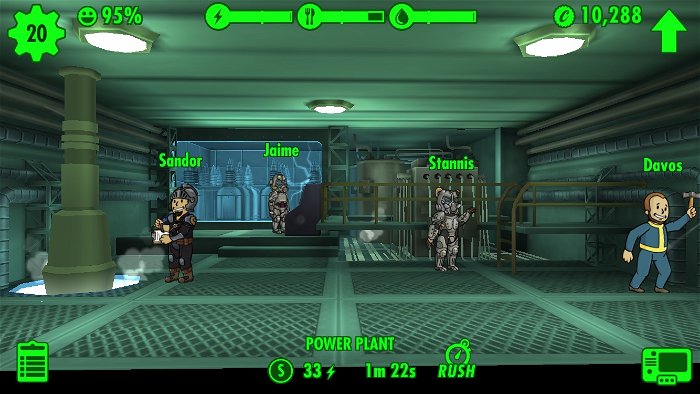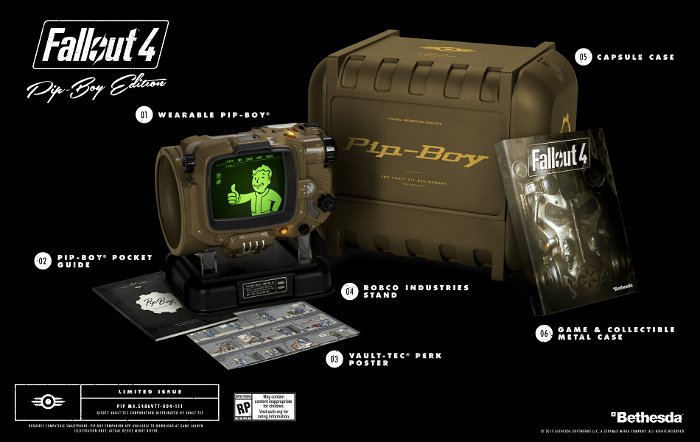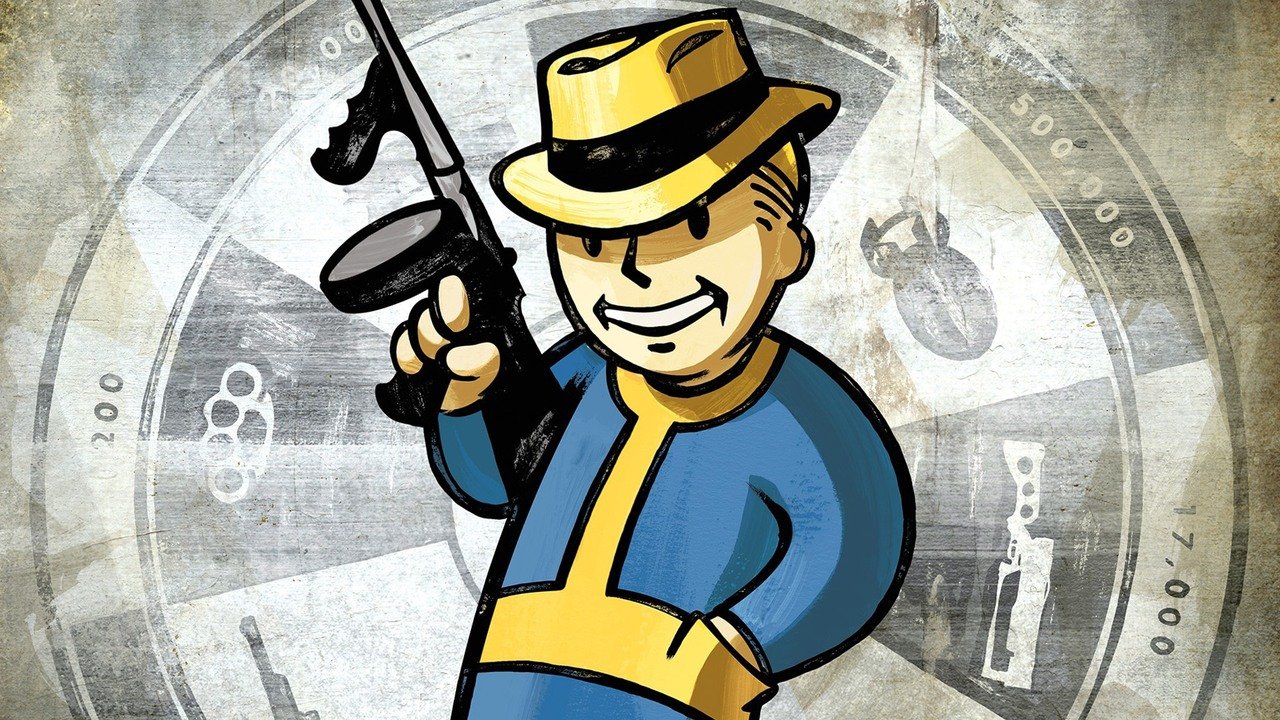Going into Bethesda’s E3 conference, I have to admit that I was feeling pretty cynical. E3 has always occupied a place of ambivalence for plenty of people working within the industry. On one hand, it’s a show that celebrates the biggest and grandest of video games. It’s a time where developers and publishers invite the media, retailers, and consumers into the huddle to show them what they’ve been brewing all year long. On the other, much uglier hand, E3 is a conference that casts a harsh spotlight on the most embarrassing elements of the industry. Crowds hoot and gawk like sitcom audiences, promises are made that will never be kept, and all of the hype is spun into a fervor in a transparent bid to drive consumers wild with “must-have” syndrome.
Going into Bethesda’s press conference, the one that would somewhat set the tone for all of E3, I expected at least some of this. And while much of what I wish we could all collectively sweep under the rug still made an appearance, I have to admit that, as the curtain fell on the 21st E3, I felt more optimistic than ever.

Open and Honest
To demand that E3 operate as some sort of humble gathering out in the woods where people shed their corporate skins to form an artistically infused gaming utopia is, honestly, kind of silly. The fact is that E3 has always been a time to thump your chest and preach about what makes your product so revolutionary. It’s a time for sales pitches and hail-marys. But as the industry itself undergoes a cultural renaissance driven forward by its most radical thinkers, it can be hard to reconcile the two sides of video games.
Part of what I found so interesting about Bethesda’s conference was the honest nature through which it presented itself. There were no costumed zombies prancing around on stage, no awkward exchanges between executives and obscure actors hired to represent core demographics—I mean, who is Tha Hoop Gawd anyway? Instead, as Bethesda took the stage, it felt refreshingly honest; they were there to just talk about games.
And talk about games they did. The demos were long and evocative, and it was quickly apparent that Bethesda was there to show its audience as much of their lineup as possible. They opened the vaults on as many of their upcoming titles as they could and, in a sense, let us eat our fill. Compared to the industry standard of carefully laying out a breadcrumb trail of details leading up to release, it felt almost overindulgent.
https://www.youtube.com/watch?v=NteAPGprDJk
Sell Your Games, But Don’t Pretend Like You’re Not
E3, like many forms of marketing, is all about misdirection. Some companies pull this off extraordinarily well, like Sony announcing a Kickstarter for Shenmue 3, causing the Twitter to momentarily implode, only to casually reveal later that the project doesn’t really need funding and we’d all been hoodwinked. But when Todd Howard confessed regarding the collector’s edition Pip-Boy for Fallout 4, “as far as stupid gimmicks go, I assure you—this is the best fucking one I have ever seen,” it was immediately apparent to me that Bethesda wasn’t trying to pull a fast one on us. E3 is about selling games, and the business of it has grown to understand that people go crazy for gimmicks. But there was no beguiling sales pitch attached to the Pip-Boy or Fallout Shelter—the mobile game for Apple devices. It felt like genuinely honest fanservice. That attitude permeated the rest of Bethesda’s time on stage, and there were moments where it felt closer to that humble gathering in the woods than E3 had felt like in years past.
The Right Way to Unveil A Game

Part of what made Bethesda’s conference such a joy to behold, as both a fan of their games and a critic, was the expertly choreographed roller coaster of anticipation. Heading into the show, Bethesda had carefully revealed some of the aces up its sleeve. At the time, many were confused why the company would announce the long awaited Fallout 4 weeks before E3. Some wondered if this was a sign of the impending irrelevance of the show, but as Todd Howard announced the date, it was all too clear: Fallout 4 was announced early because Bethesda knew that would bring all eyes on them. When they revealed that the game would ship merely half a year after its announcement, they had set their phasers to stun—and stun they did.
In an industry where the normal marketing cycle is quickly becoming three years long, having a game unveiled, generously demoed, and then announced for release months later was like a glass of fresh water in the stifling heat of E3. As the numbers on the projector behind Todd Howard shuffled to form November 10, 2015, I like to think that the explosion of cheers from the audience were as much from people feeling liberated from the exhaustive media cycle as it was from excitement.
Bethesda’s first step into the wild world of E3 wasn’t perfect. For one, it still catered too strongly to the ideals that have kept the show shambling awkwardly towards irrelevance for far too long. But there is no denying that, as Pete Hines smashed the bottle against the hull of Bethesda’s first E3 voyage, a sense of optimism pulsed through the crowd. In many ways, Bethesda provided a refreshing take on a formula that was becoming trite and tiring. And as plans undoubtedly begin to be laid for E3 2016, I can only hope that others will remember what Bethesda did differently and draw from it.



